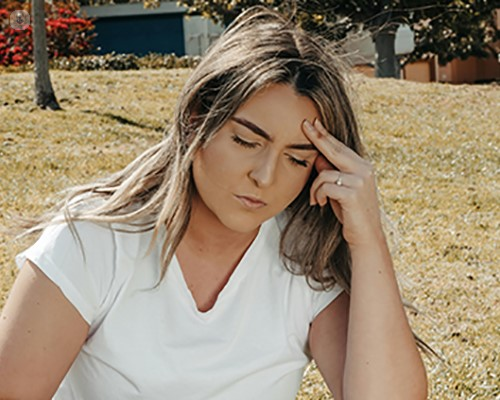Navigating PoTS: Insights and strategies
Escrito por:Postural Orthostatic Tachycardia Syndrome (PoTS) is a condition where the heart rate increases abnormally upon standing. It's a challenge for those affected, causing symptoms like palpitations, dizziness, fatigue, and cognitive issues. Simple tasks like standing in line become difficult as the body struggles to regulate blood flow and pressure. In his latest online article, Dr Pramod Nair gives us his insights.

How is PoTS diagnosed, and what obstacles do people face in getting a diagnosis?
Getting diagnosed with PoTS can be tough. Many undergo a long and frustrating journey, seeing various specialists before figuring out what's wrong. PoTS often gets mistaken for other conditions, delaying proper diagnosis. Symptoms can be vague and overlap with other health issues, making it hard for doctors to recognise PoTS right away.
What strategies help manage PoTS day-to-day, and how do they improve quality of life?
Managing PoTS involves lifestyle changes, medication, and understanding one's body. Things like monitoring fluid intake, wearing compression stockings, and engaging in regular exercise (under the guidance of a healthcare professional) can help improve symptoms. Some people also find relief from dietary changes, like increasing salt and water intake. Learning to pace activities and avoid triggers that worsen symptoms is crucial for managing PoTS effectively.
What are the emotional impacts of PoTS, and how can people cope with them?
Living with PoTS can take a toll on mental health. It's an invisible illness, so others may not understand the challenges it brings. Coping with symptoms can lead to feelings of isolation and frustration. Anxiety and depression are common among those with PoTS, as they navigate the uncertainties and limitations imposed by the condition. Seeking support from friends, family, or mental health professionals can help individuals cope with the emotional impact of PoTS. Finding ways to stay connected with others and engaging in activities that bring joy and fulfilment can also improve overall well-being.
How do online communities support individuals with PoTS, and why are they important?
Online support groups play a vital role in helping people with PoTS feel less alone. They provide a space for sharing experiences and advice, offering emotional support that's hard to find elsewhere. Connecting with others who understand what it's like to live with PoTS can validate one's experiences and provide practical tips for managing symptoms. Online communities also empower individuals to advocate for themselves and raise awareness about PoTS within their communities.
What recent advancements in medical research offer hope for managing PoTS in the future?
Medical research is making progress in understanding and treating PoTS. Researchers are investigating the underlying mechanisms of the condition, which may lead to more targeted treatments in the future. New medications and therapies are being explored to help alleviate symptoms and improve quality of life for those with PoTS. Additionally, advances in technology, such as wearable devices for monitoring heart rate and blood pressure, may aid in the early detection and management of PoTS.
Dr Pramod Nair is an esteemed paediatrician. You can schedule an appointment with Dr Nair on his Top Doctors profile.


